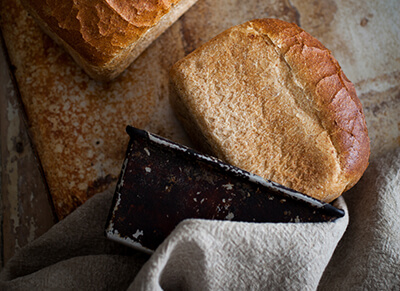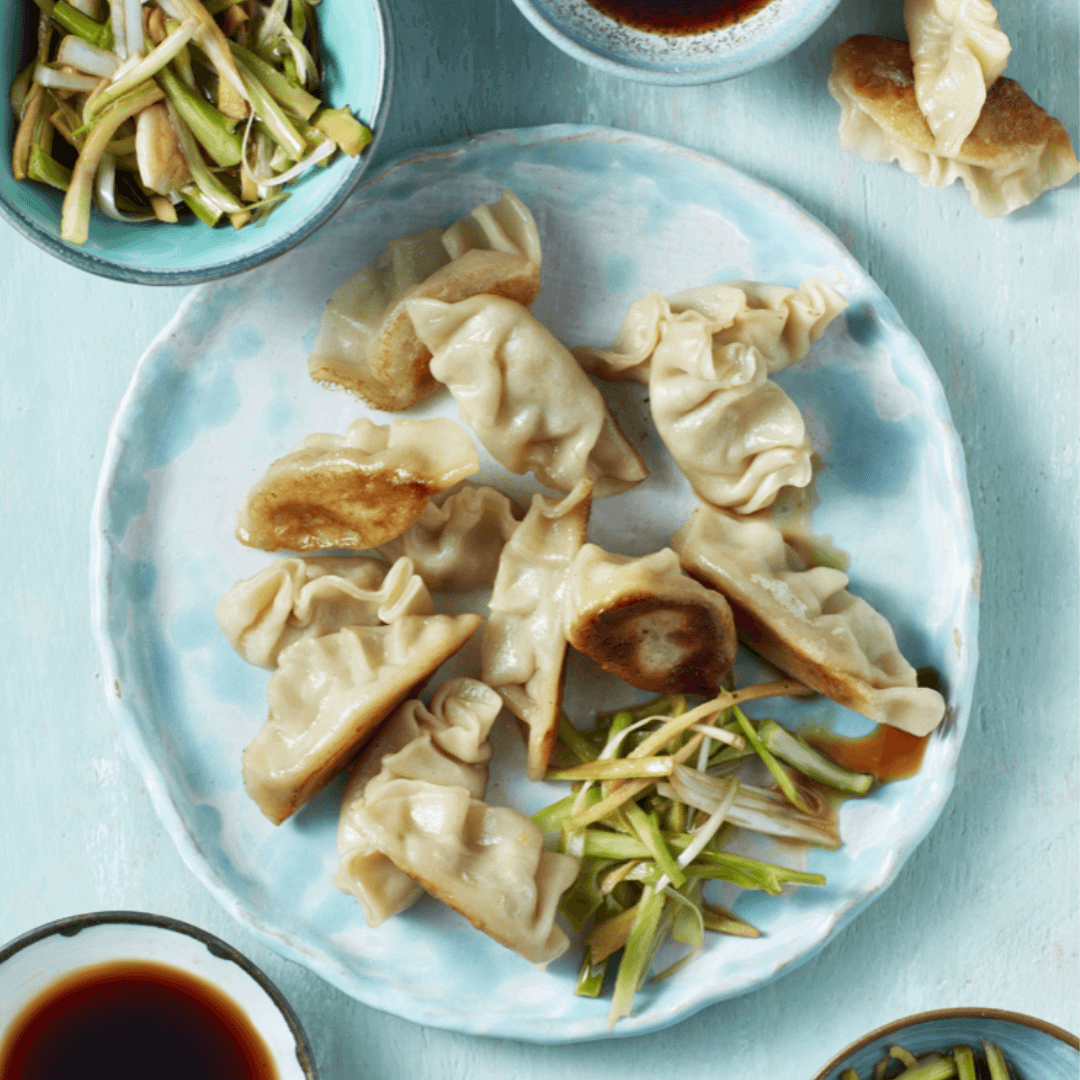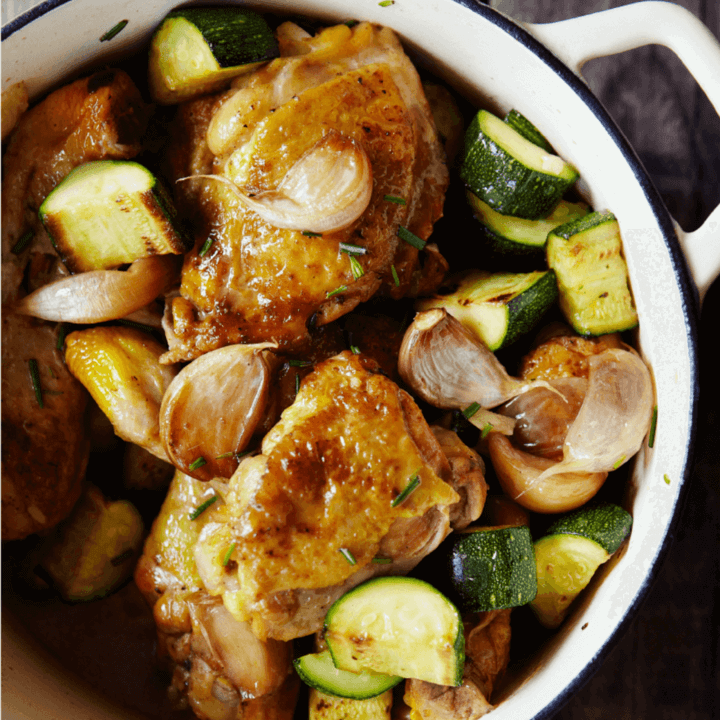
Fig & Lentil Salad from Virtually Vegan
Summer and salad go hand-in-hand and this offering from Heather Whinney’s Virtually Vegan is a fresh, sweet, figgy take on a summertime staple. Complete with a harissa

This article is adapted from Slow Dough by Chris Young.
Other chemicals might be used to deter the growth of mould and to help the finished loaf to stay softer for longer, features marketed as ‘freshness’, though I question whether this could be thought of as the equivalent of ‘loaf Botox’…
Big Bakers may say that their loaves are fundamentally the same as Real Bread, just with tiny amounts of these performance-enhancing substances ‘to help the process along’, Isn’t but that a bit like claiming doped-up sportspeople are ‘fundamentally the same’ as honest athletes, though?
Artificial additives have only been subjected to a relatively short period of testing before being declared safe (or ‘generally recognised as safe’ as the more pragmatic US Food and Drink Administration puts it) for food manufacturers using them in their products.
No-one knows for sure, however, if there might be any adverse effects from long-term consumption of the artificial additives found in the modern industrial loaf and across many people’s diets in other heavily processed foods. Can we trust that these things, either individually or in the endless combinations they’ll turn up in a supermarket shopping basket, are truly safe? History is littered with a veritable chemistry set of substances once used by industrial millers and bakers, only to be withdrawn or banned in the UK or elsewhere. They include azodicarbonamide (banned in countries including the UK and Australia but legal in others, including the USA), benzoyl peroxide, Agene (nitrogen trichloride, banned in the 1940s) and potassium bromate.
By contrast, a few thousand years of people eating Real Bread has proved beyond any doubt that it is safe – no, actually good – for the vast majority of us.
So, high time to turn to your local, independent Real Bread bakery…or start baking your own.
Chris Young is Campaign Co-ordinator for The Real Bread Campaign, a charity project with a mission to promote additive-free bread. In addition to compiling this book, Chris edits the quarterly magazine True Loaf, and wrote Knead to Know, the campaign’s first book. His work has appeared in publications including Spear’s Magazine, The Real Food Cookbook and the London ethical food magazine, The Jellied Eel, which he also edits.
Chris Young
Slow Dough: Real Bread
£20.00, available from Nourish Books

Summer and salad go hand-in-hand and this offering from Heather Whinney’s Virtually Vegan is a fresh, sweet, figgy take on a summertime staple. Complete with a harissa

Too Good to Waste by Victoria Glass is THE guide to getting the very most out of your food, in the most delicious way possible! So much

Today we’re sharing a much coveted Real Bread: Slow Dough recipe – Cinnamon and Hazelnut Knots! These sweet knots are beloved all over Scandinavia, whip

We’re gearing up for the publication of French Countryside Cooking by Daniel Galmiche, coming your way on May 14th (pre-order your copy right here)! To celebrate, we’re sharing

Watkins Media Limited
Shepperton House unit 11
89 Shepperton Road
London, England
N1 3DF

Watkins Media Limited
Shepperton House unit 11
89 Shepperton Road
London, England
N1 3DF